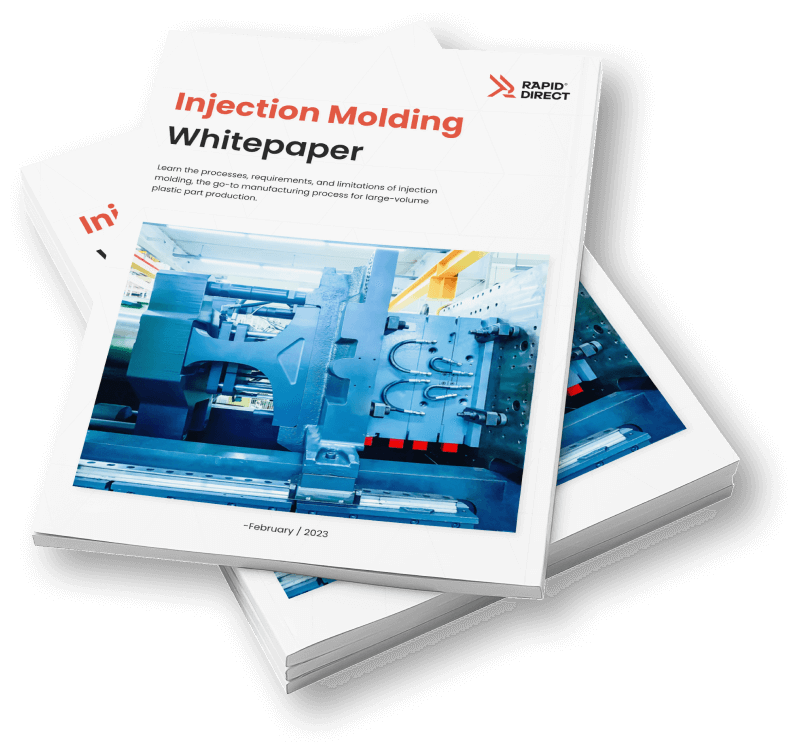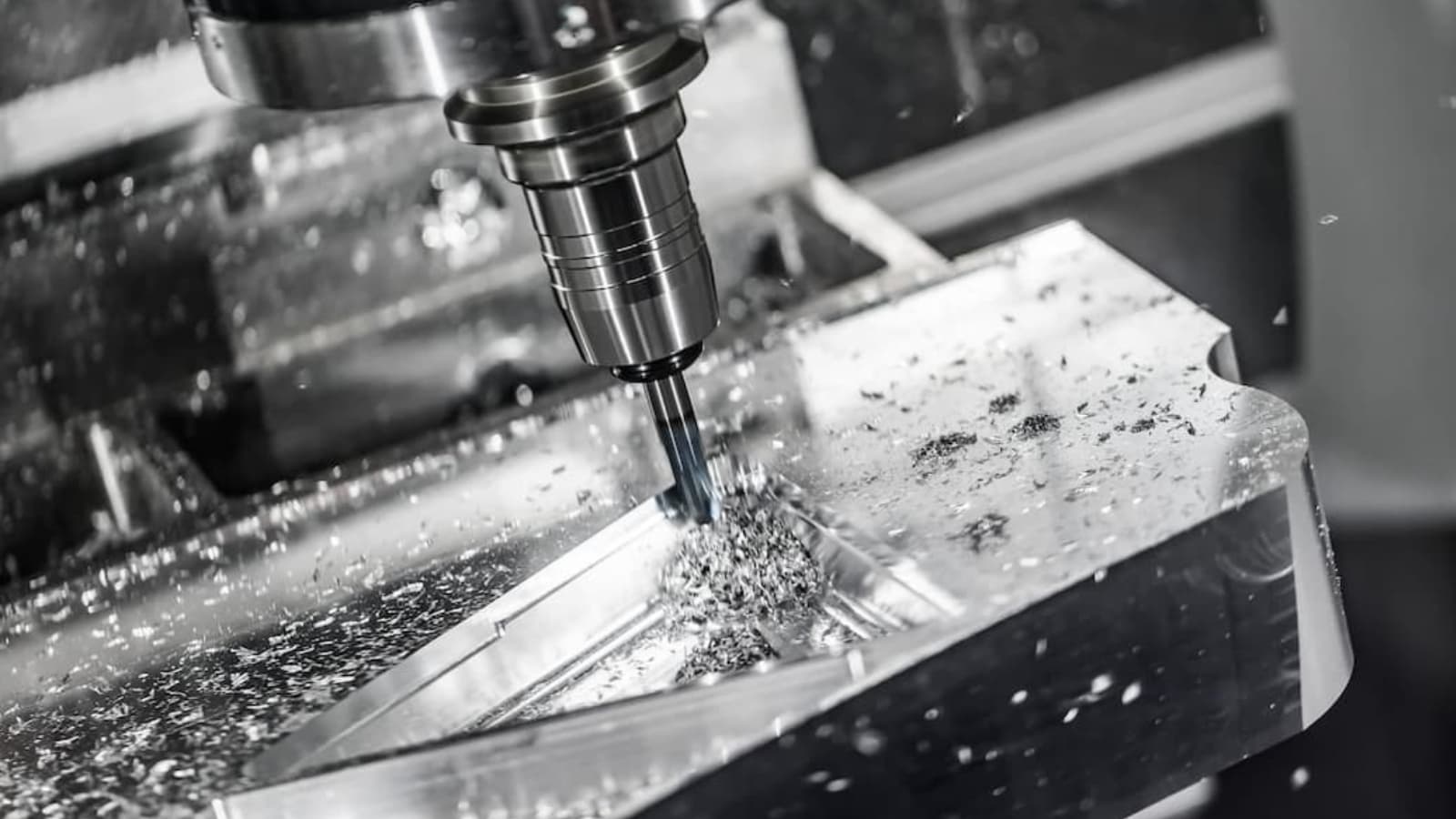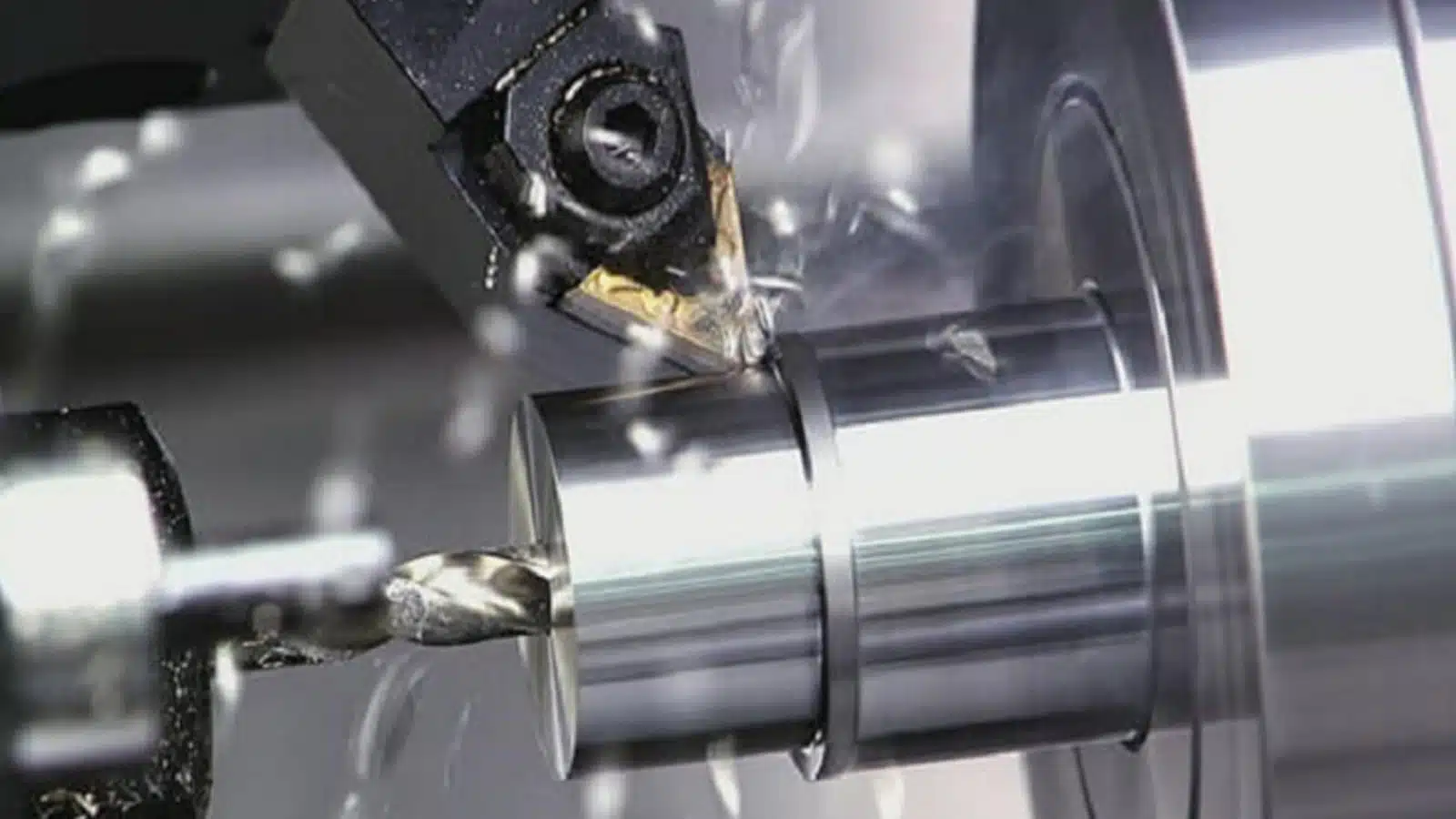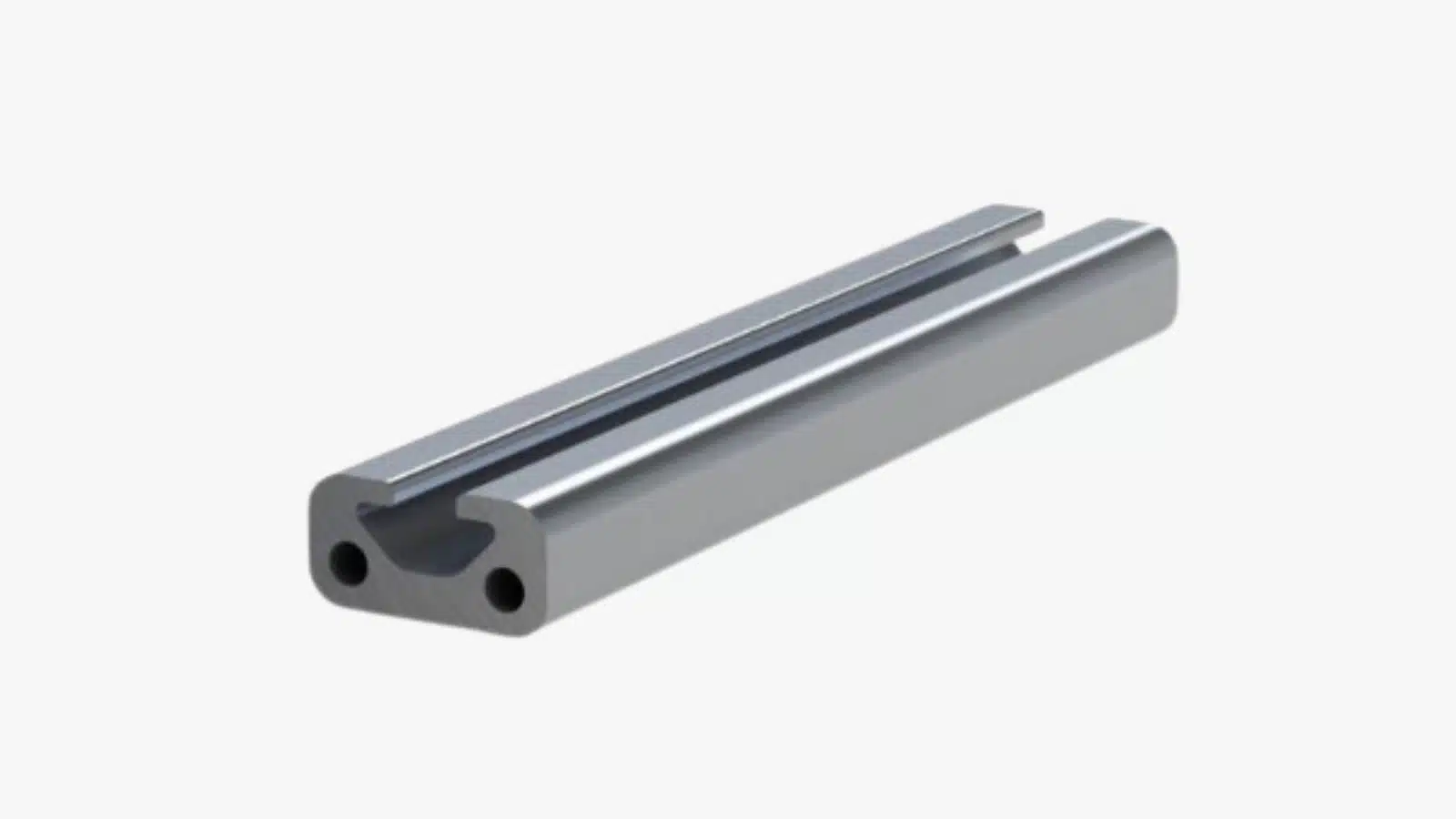With several advantages over other manufacturing techniques, plastic injection molding has become one of the most popular techniques employed by manufacturers worldwide. This technique involves using plastic resins, and its versatility is a welcome feature.
However, there are many plastic resins in the market today, and choosing the right one for a project might be a tad challenging. When choosing a resin for plastic injection molding, always keep in mind the project’s requirements you want to work on. With this factor in mind, selecting the right plastic resin becomes easier.
Keep reading as we provide you with factors you need to consider and the best plastic resins for injection molding.
What Are Plastic Resins Made Of?
What is plastic resin? Plastic resin is one of the byproducts gotten during crude oil refinement. Since crude oil contains different types of chemicals, getting a unique one involves a process of distillation, achieved by heating the oil.
Cracking is the name of the process used to alter this chemical (monomer), encouraging them to form hydrocarbon chains using a catalyst. Also known as polymers, these hydrocarbon chains are the building blocks of Plastic resins. To produce different types of resins, resin manufacturers change the type of monomer used.
Top 10 Common Plastic Resins For Injection Molding
There are many plastic resins used for injection molding. These resins have special features that make them ideal for some manufacturing processes and less suited for others.
Below are common plastic resin types used in the production of injection molding.
1. Acrylonitrile Butadiene Styrene (ABS)
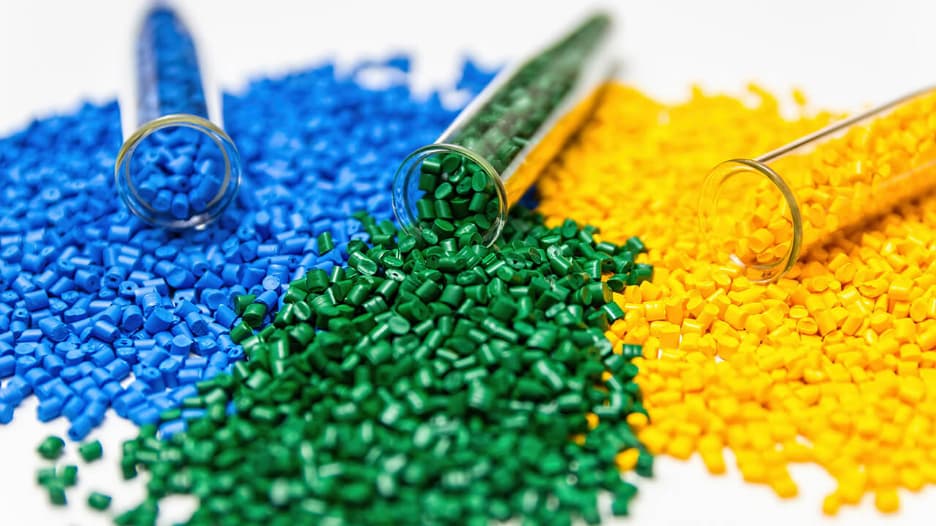
ABS has several desirable features like durability, toughness, and strength with application in several industries. They have high tensile strength and impact resistance. Besides, they are lightweight, making them ideal for use in the production of vehicles and other automobiles.
Another feature that makes ABS injection molding very popular is its malleability, making it easy to mold into shapes. ABS’ ability to adhere to other plastics makes it good for coating metals and other materials.
ABS plastics are high-quality and good for producing computer parts, medical devices, toys, automobiles, electronics, music, and sports instruments.
2. Low-Density Polyethylene (LDPE)
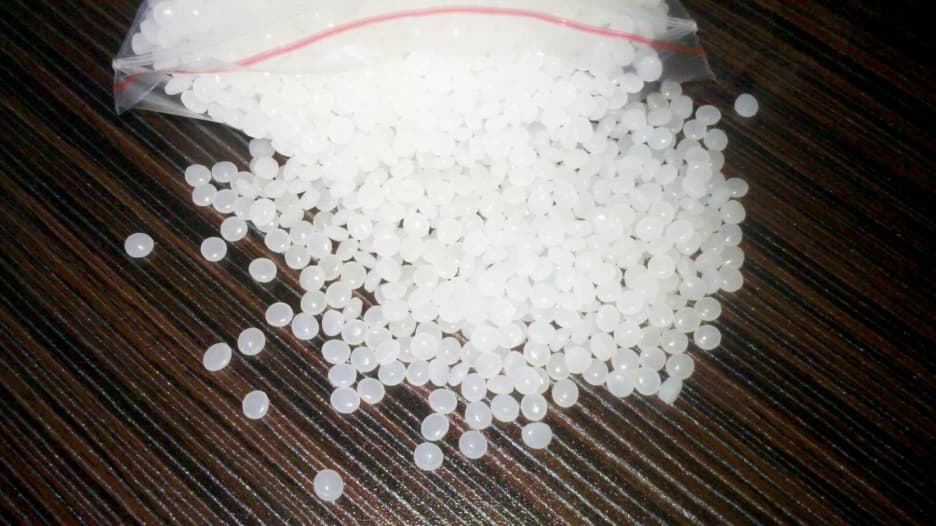
This plastic resin has superior resistance to moisture and chemicals. It has a good impact strength and is very flexible. It is also cheaper than most plastic resins, making it very cost-effective. LDPE has applications in several plastic products, including; computer parts, toys, compost bins, agricultural products, and household goods. Some medical product parts also contain this plastic resin.
One limitation of this plastic resin is that while it withstands low temperatures perfectly, it cannot withstand high temperatures.
3. High-Density Polyethylene (HDPE)
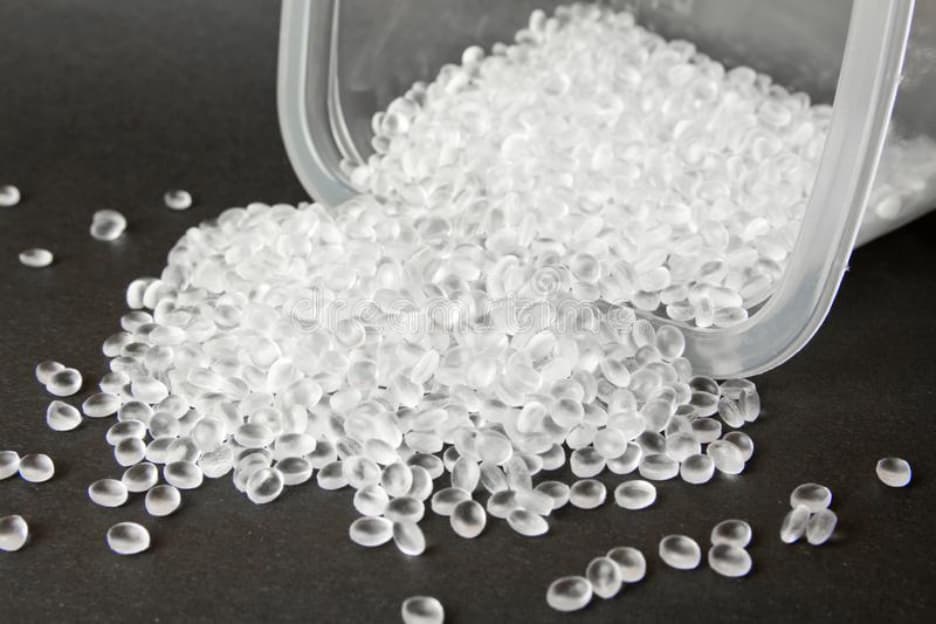
In the area of food packing, High-Density Polyethylene trumps most plastic resins. This resin is resistant to high impact, moisture, and heat. Its great tensile strength makes it resistant to breakage or fracture.
HDPE is the go-to plastic resin where strength, heat resistance, and stiffness are necessary. Their high heat resistance makes them ideal for use in the production of Kitchenware, water bottles, plastic bags, etc.
4. Polyamide (Nylon)
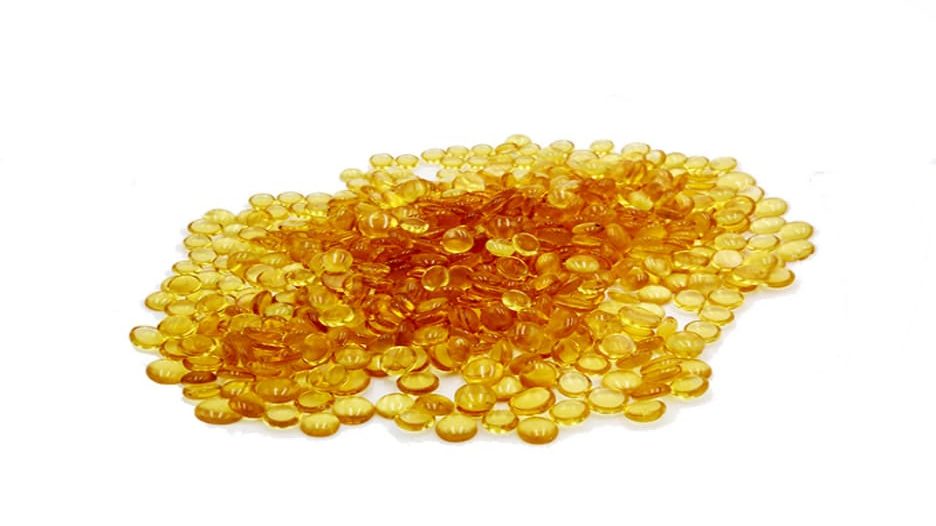
This is one of the most stable plastic resins. It has resistance to electricity, wear and tear, and chemicals. Its resistance to wear and tear makes it ideal for use in making products that would involve chemical contacts, abrasion, and high impact.
Used in a wide range of fields, it has applications in the automotive industry. It is also used in the production of sports gear and medical parts.
5. Polypropylene (PP)
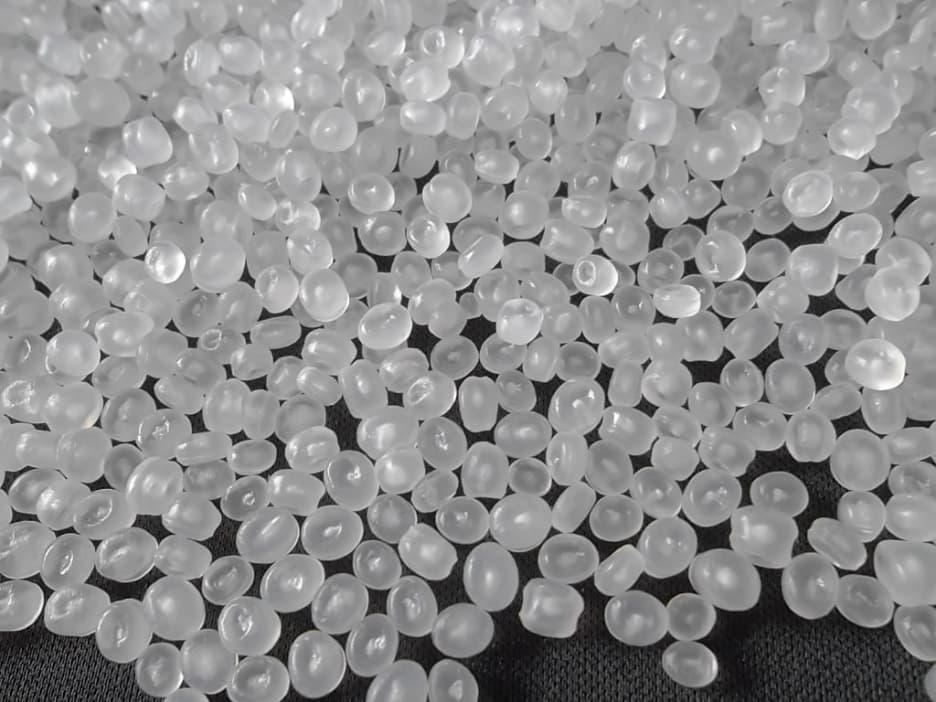
There are a lot of advantages to producing with this plastic resin, ranging from resistance to chemical and electricity to high elasticity. It also has a high melting point, making it effective in producing plastic parts with high heat exposure.
PP has high-stress resistance and great tensile strength. It is a strong plastic popular for insulation, but most manufacturers add fillers to this resin for greater strength.
It has a wide range of applications in different sectors, like the automotive industry, construction, and electronics. Polypropylene is safe for producing food containers and has applications in the food and beverage industry packaging. Since this plastic resin can minimize friction between objects, it also has application in the production of point-of-contact plastics.
6. Polycarbonate (PC)
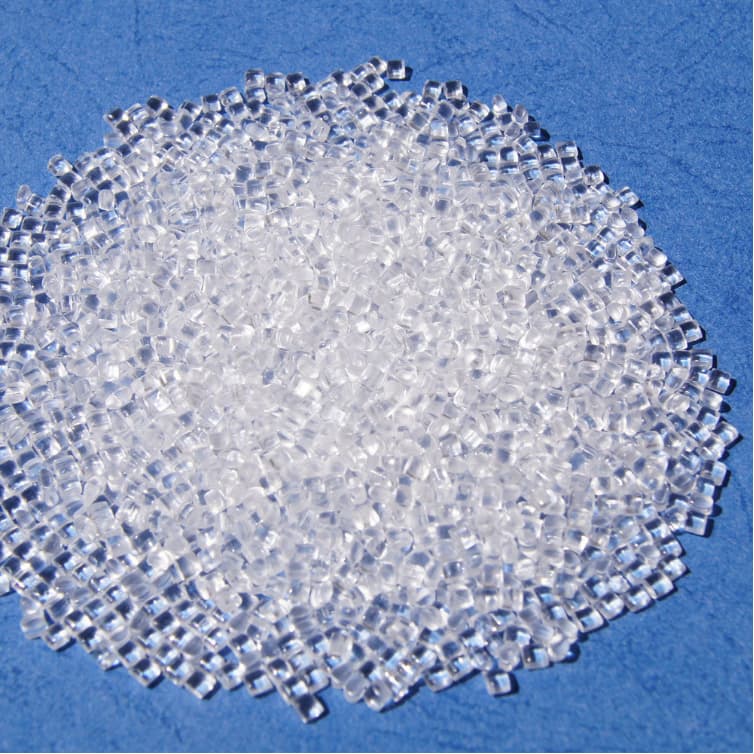
Being one of the hardest plastic resins, polycarbonate has resistance to high impact. Polycarbonates have a high resistance to fire and heat, making them ideal for use in places with extremely hot temperatures.
This resin is also transparent, hence, it has applications in sectors in need of transparent plastic. These sectors include automotive (bulletproof glass), mobile industry (phone screens), and medical devices (Optical lenses).
Additionally, this plastic resin is also good for producing DVDs and car parts.
7. Acrylic (PMMA)
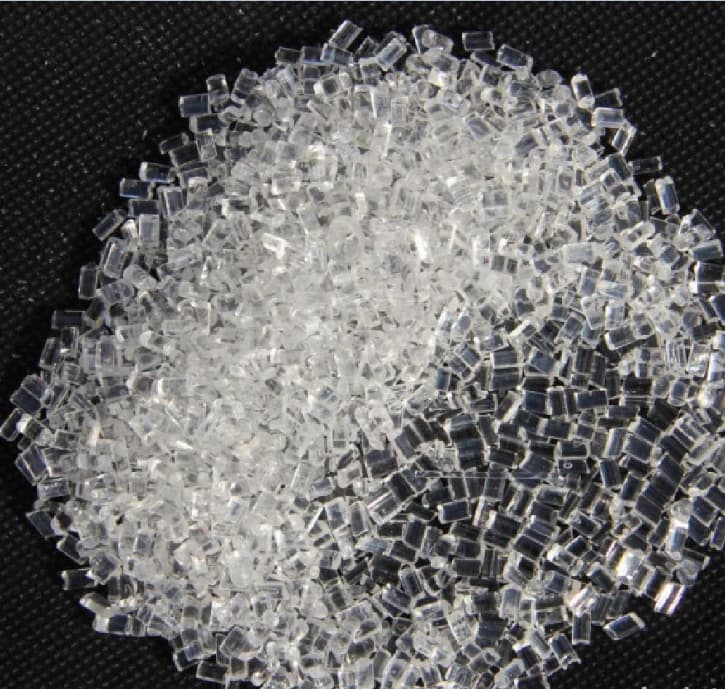
PMMA (Polymethyl methacrylate), also called acrylic, is one of the most popular resins in the world. Just like the PC resin, Acrylics are transparent.
Being transparent, many manufacturers use this resin in making see-through products. They use this acrylic resin to produce picture frames, eye lenses, car screens, and even paints. Besides, other attributes of acrylic are its hardness and ability to resist impact. What’s more, acrylic is readily available and using acrylic in the production of plastics is cost-efficient.
8. Polyetheretherketone (PEEK)
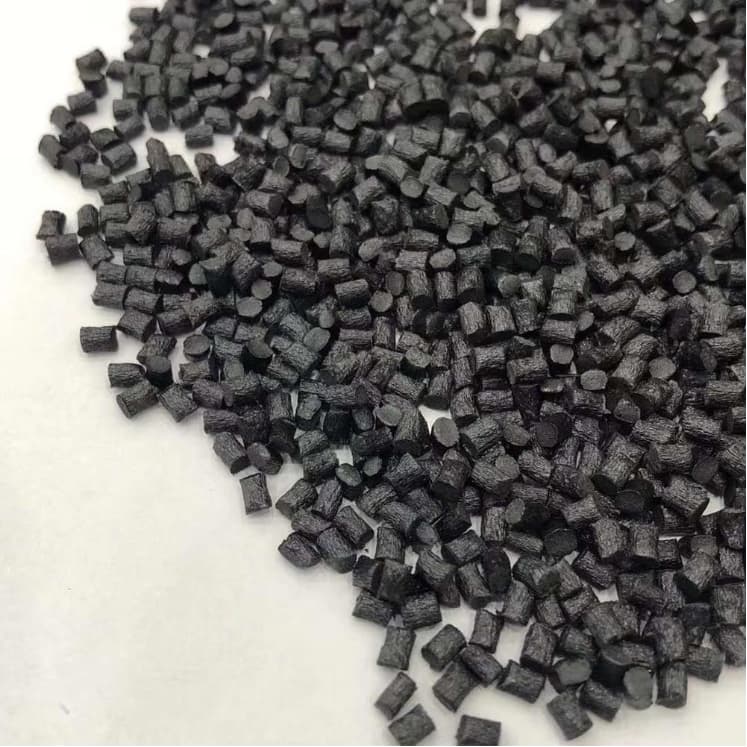
Known for its extreme resistance to any chemical attack, it has a wide range of acceptability. Another benefit of this PEEK is its resistance to aqueous and heat degradation.
PEEK resin is one of the strongest and has applications in the automotive industry to produce compressor plates, piston parts, and pumps. Since it is chemical resistant, it is used for production in the chemical processing industry and applied in the liquid chromatography columns.
9. Polyoxymethylene (POM)
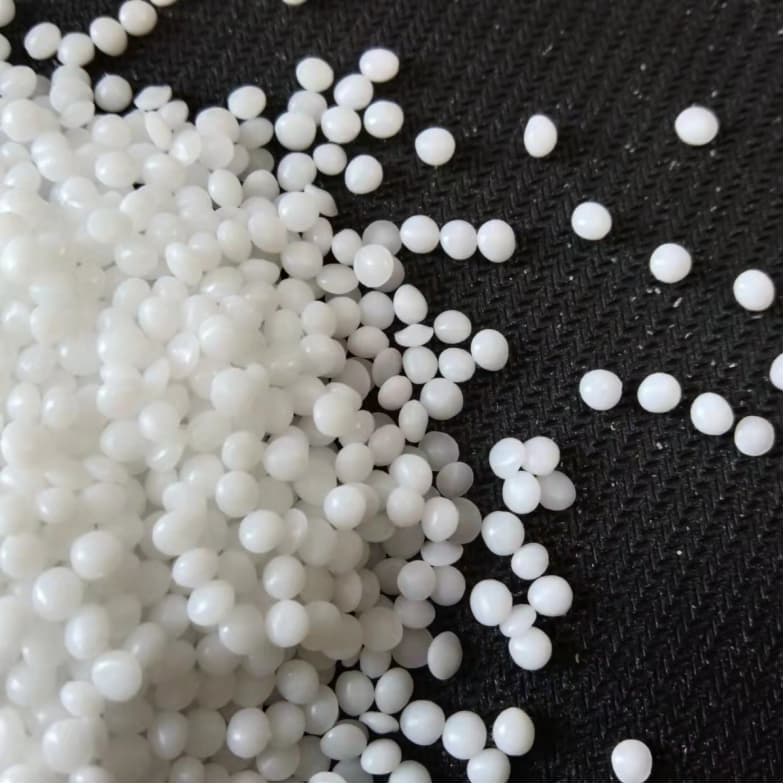
With good colorization properties, good heat distortion, and low moisture absorption, POM has application in any sector where dimensional stability is a requirement. It has applications in the automotive industry, plastic gear production, and the food and beverage industry.
Its qualities include less friction, hardness, resistance to chemicals as well as wear and tear. Its ability to minimize friction makes it suitable for the production of pumps and valve arts. Guitar picks, fixtures, and buckles benefit from the hardness of this plastic resin.
10. Thermoplastic Polyurethane (TPU)
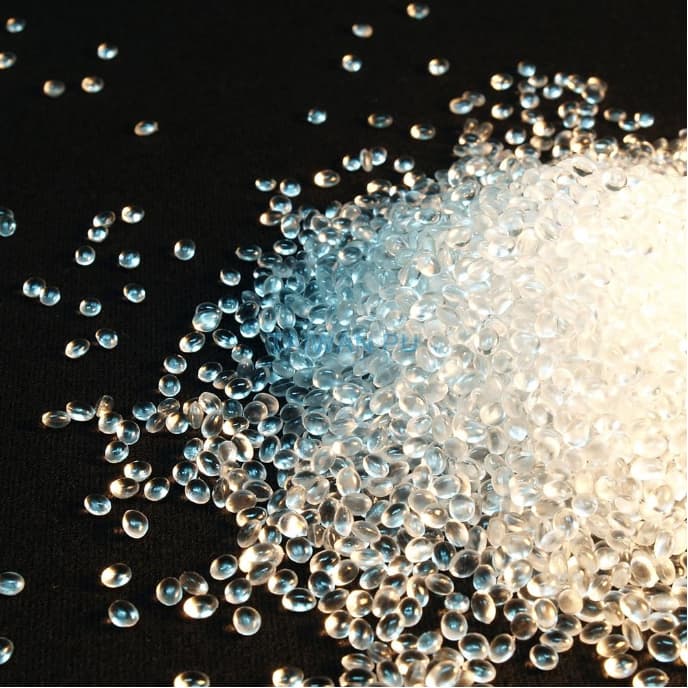
Where elasticity is a requirement for production, TPU is the go-to plastic resin. This resin has an elasticity that is akin to that of rubber. It is a soft plastic resin, making it easy to shape into different products using the plastic injection molding technique.
The ability to withstand high-temperature levels, coupled with high tensile strength, gives this resin application in cable insulations, sports gear, and electrical tools.
Want to make your plastic parts with these plastic resins? RapidDirect is for you!
Top 5 Plastic Resins For Your Medical Devices
Medical device manufacturers use plastic resins for their production and good reasons. Chief among them is that using this product helps reduce the spread of infection as most of them are disposable. Besides, products made from these resins are ergonomic, reducing hand fatigue. They are also economical, as resin manufacturing is cheaper than using metals.
Below are the top 5 plastic resins for medical injection molding.
1. PET (Polyethylene Terephthalate)

This plastic resin is resistant to microbial attack. It also resists chemical degradation as well as abrasion. PET is lightweight but has high mechanical strength.
Applications of PET in medical devices:
- Implants
- Vascular prostheses
- Cuff for catheter stabilization
2. PE (Polyethylene)
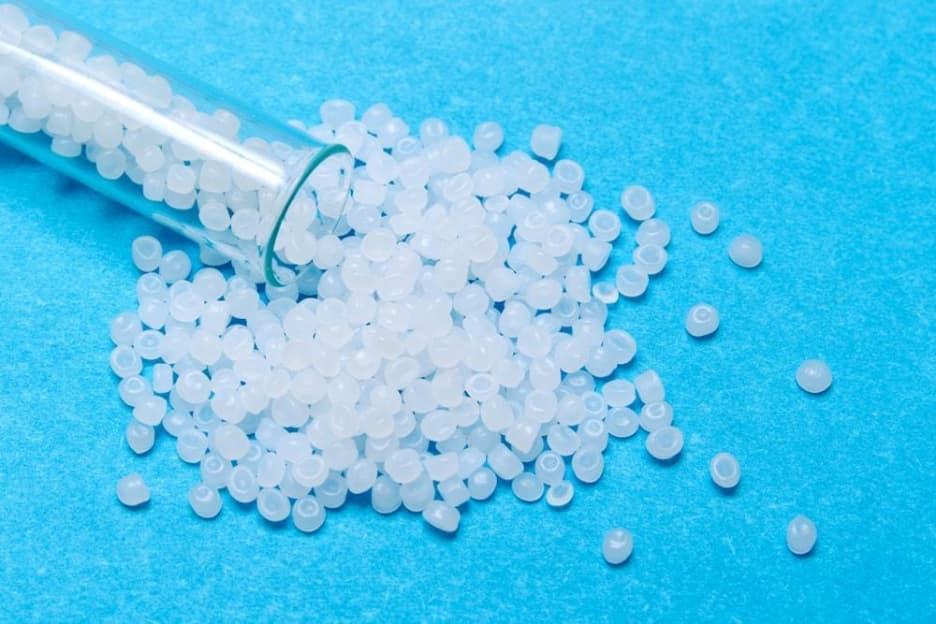
This plastic resin can withstand corrosion and impact. PE performs optimally even after several cycles of sterilization. Being biologically inert, manufacturers use PE in the production of implants as it does not degrade in the body. It also absorbs a minimal quantity of water, preserving the integrity of its structure.
Applications of PE in medical devices:
- Catheters
- Implants
- PPE devices
3. PP (Polypropylene)
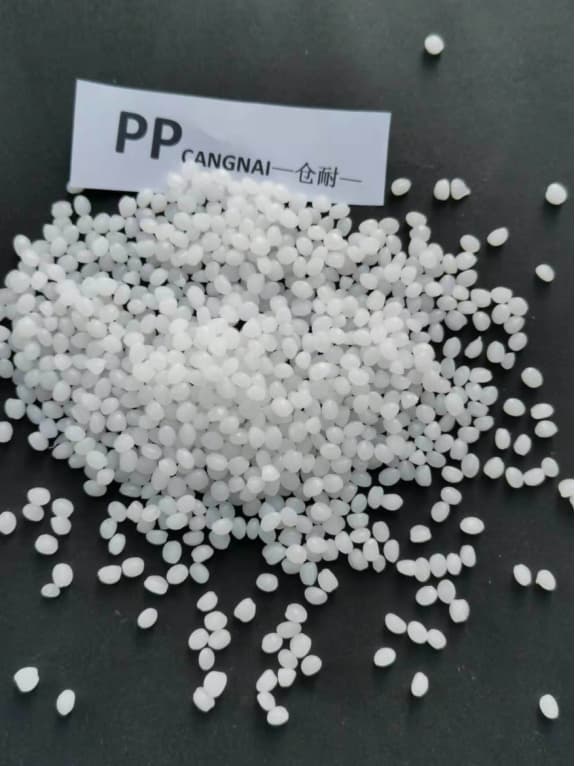
This plastic resin has high tensile strength, which gives it the ability to resist chemical degradation from disinfectants and cleaning detergents. Its tensile strength also makes it impact and fracture resistant. When put through a cycle of steam-sterilization applications, PP’s dimensional stability becomes optimal.
Applications of PP in medical devices:
- Membranes
- Connectors
- Finger-joint prostheses
- Disposable syringes
- Prescription bottles
- Implant caddies
4. PVC (Polyvinyl Chloride)

PVC is durable and has top-notch chemical resistance. It offers medical personnel different sterilization options, from steam to radiation. PVC can be transparent, ideal for use where fluids have to be visible. It also has high resistance to wear and tear.
Applications of PVC in medical devices:
- IV bags
- Tubing
- Oxygen masks and tubing
- Gowns
- Surgical gloves
- Catheters
- Blood bags
- Dialysis bags
5. PS (Polystyrene)
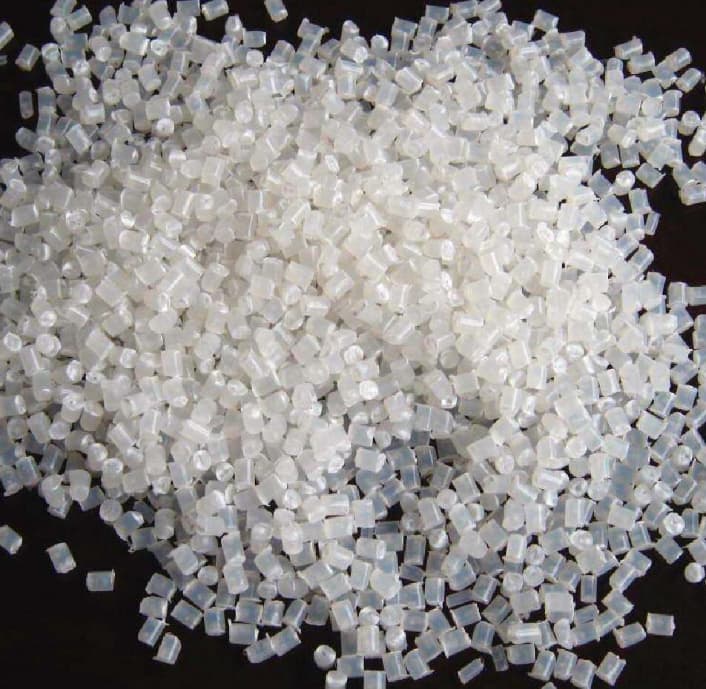
This plastic resin does not conduct electricity due to its high insulation ability. It is naturally transparent, lightweight, and resists gamma radiation excellently. Besides, its resistance to ultraviolet rays and chemicals is poor, although adding fillers largely improves it.
Application of PS in medical devices:
- Test tubes
- Package for test kits
- Package for implants
- Culture trays and Petri dishes.
What Factors Matter in Plastic Resins Selection
When looking for plastic resin for plastic production, research is important. For better decision-making, below are some factors to consider when selecting a plastic resin.
Mechanical Requirements
When selecting plastic resins, keep in mind that they all have features that define them. Taking into consideration these features would help you make ideal choices.
Please note that manufacturers can modify and enhance the properties of plastic resin with fillers such as silica, mica, glass, clay, and calcium carbonate.
Mechanical requirements to consider include:
- Hardness: This is the ability of the material to resist indentation. Measured using a Durometer scale, shore hardness determines the stiffness of a plastic resin. Since different plastic products require different hardness levels, a manufacturer must select the right plastic for a specific design. To choose the right resin for plastic, a manufacturer has to consider factors such as the purpose of the product and the environment.
- Flexibility: Also known as bending stiffness, this measures the ability of plastic resins to bend without breaking. Please note that flexibility does not mean softness. For instance, nylon is soft but breaks under stress, while ABS is a hard plastic that bends without breaking.
- Tensile Strength: This relates to the ability of a material to carry a load without breakage or fracture. Always consider the use of the product before choosing a plastic resin for its production. Some resins have higher tensile strength than others, giving them the ability to carry a heavier load. However, manufacturers can improve tensile strength using carbon fiber or glass fillers.
Chemical Compatibility
Plastics are everywhere, and interaction with other chemicals is unavoidable. Chemicals like process reagents and even cleaning solvents can interact with resins. Before selecting a plastic resin for production, find out if there is testing data from its manufacturers regarding interaction with chemicals. This consideration is to ascertain how the plastic interacts and performs with these chemicals.
Environmental Compatibility
Different resins have different tolerance levels to heat and cold. Always look for data on how the plastic resin performs on exposure to extreme cold and hot temperature conditions. This is especially true if product usage involves extreme temperatures. Another environmental factor to consider is performance on exposure to ultraviolet light and humidity.
Weight
The density of the plastic hydrocarbon determines its weight. The weight of a plastic resin plays a role in determining its suitability for use in some production processes. There are lightweight plastic resins and heavy ones with different manufacturing applications. For instance, PVC is heavy while Polypropylene is lightweight.
Material Cost
Different factors determine the cost of plastic resins, including ease of production, features, and availability. The more available a plastic resin is, the cheaper it is. On the other hand, it becomes expensive if it is difficult to produce a resin.
However, before considering cost, always consider other resin properties for production.
RapidDirect: Plastic Injection Molding Services
Plastic resins have a wide range of manufacturing applications globally, and choosing the right one for your needs is the first step to achieving your project dreams.
Many brands have capabilities to produce plastic using plastic injection molding services, but none are as reliable as RapidDirect.
Why choose RapidDirect for your plastic injection molding services?
We provide you with a wide range of production materials for you to choose from. Thus helping you make informed decisions. With an ever-ready engineering team on hand to work on your projects, RapidDirect delivers prototypes and projects as when due.
We offer you the best price for your plastic injection molding services, helping you greatly minimize the cost of production. What’s more, you can get a quotation for your projects online and free DFM analysis by visiting RapidDirect’s digital manufacturing platform.
FAQs
Technically, they are not harmful, although you must be cautious when using them. Most plastic resins, after proper curing, are chemically inert, meaning there is no chemical reaction in them anymore.
Resin is one of the building blocks of plastics. It is the main ingredient used in producing plastics. Plastics, on the other hand, are the finished products. Plastics are also hard, while resins are viscous
You can identify fake plastic resins through PMI (Positive material identification). This method uses both chemical and physical analysis to evaluate a plastic resin.
